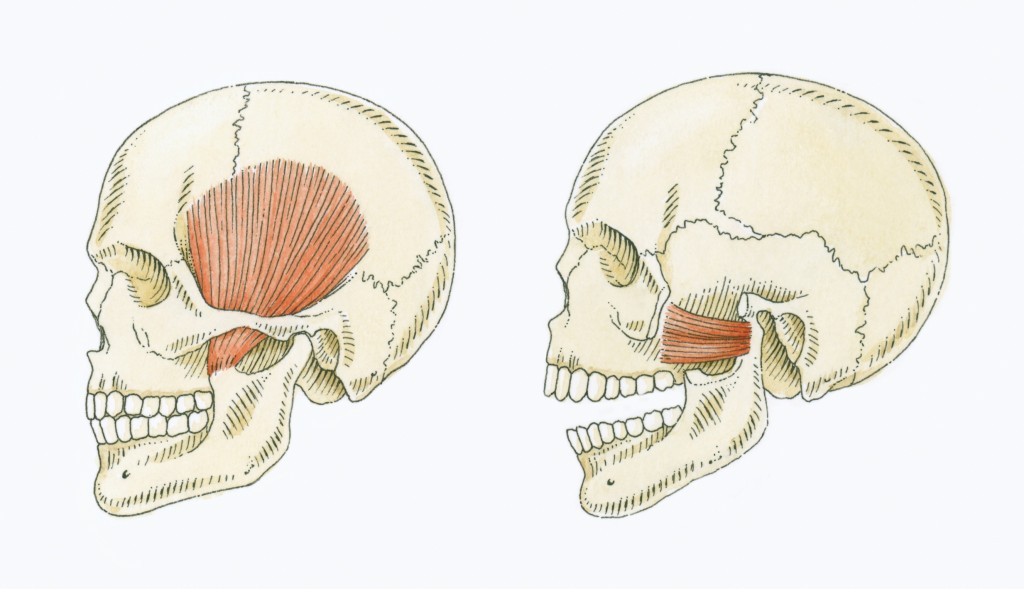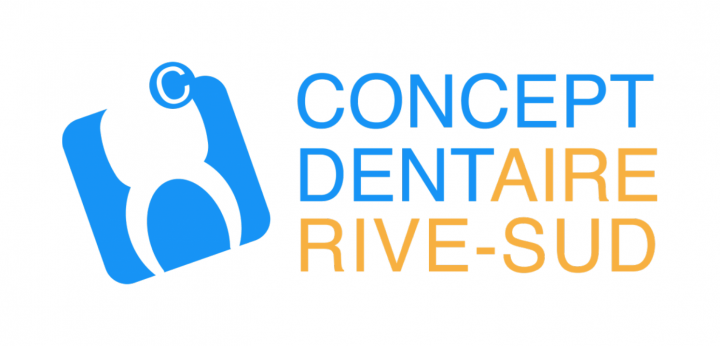Bruxism and TMJ dysfunctions
Grind or clench your teeth
Bruxism is an unconscious frictional movement of the teeth. This grinding or clenching of the teeth occurs mostly during sleep and is also associated with episodes of jaw clenching.
The symptoms
- Tooth wear and abrasion
- Headaches
- Oral-facial pain
- Pain in the jaw and temporomandibular joint (TMJ) upon awakening
The causes
There is still little information on this subject, but anxiety seems to be a trigger that can amplify bruxism.

What is ATM
The temporomandibular joint (TMJ) is a sliding and pivoting joint that moves the lower jaw toward the skull.
Problems can occur when the jaw pivots when opening, closing or moving sideways.
Thus, the temporomandibular joint and the masticatory muscles are affected and cause a dysfunction of the jaw called the temporomandibular dysfunction syndrome (TMD).

The symptoms
- Earache without infection
- Jaw pain more intense in the morning than in the late afternoon
- Jaw pain when chewing, biting or yawning
- Slamming when opening and closing the mouth
- Difficulty opening and closing the mouth
- Locking or stiffening of the jaw when speaking, yawning or eating
- Tooth sensitivity with no observed dental problems
The causes
Most experts believe that certain mental or physical tasks, such as strenuous exertion or stressful situations, cause or worsenDTM syndrome. This disorder is essentially caused by muscular overexertion, particularly due to clenching and grinding of the teeth (bruxism).
Contact us in order to obtain an appropriate diagnosis. Our team will provide you with sound advice that applies to your situation
